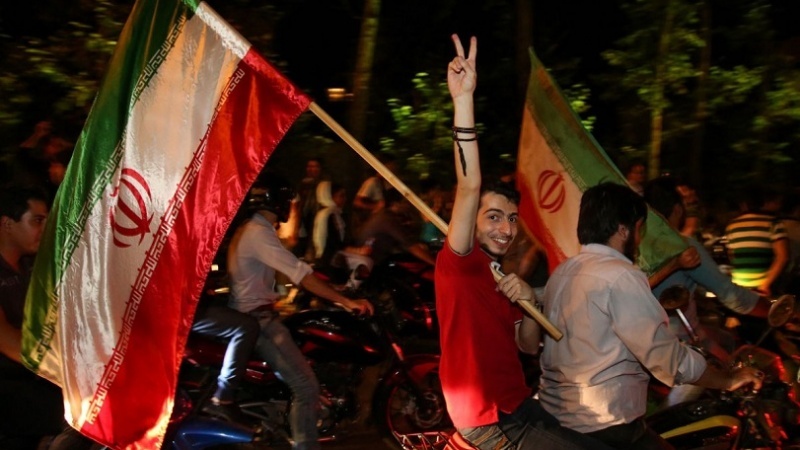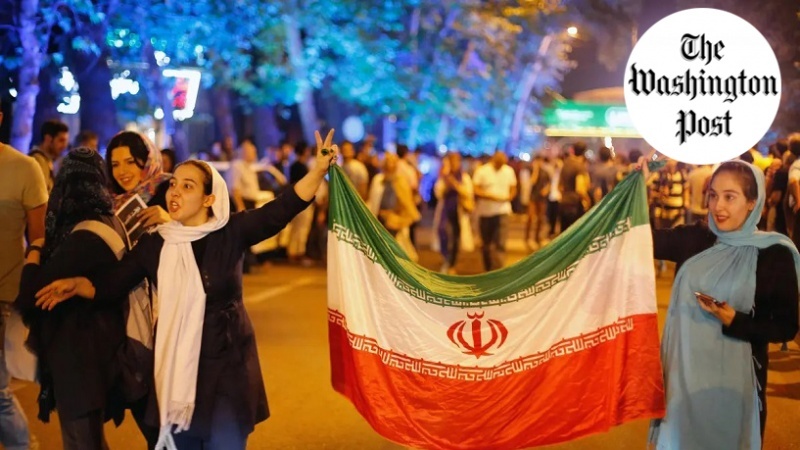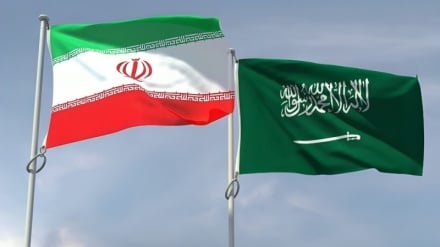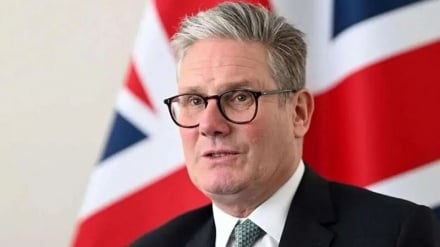Reasons of US failed strategy against Iran; Washington Post columnist analyzes
Pars Today - Researcher of Brandis University in a study concludes that the regime of extensive US sanctions against Iran has had a reverse effect on the middle class in Iran.
Fareed Zakaria, famous Indian-American analyst and journalist, in an article on Washington Post titled, "America's failed approach to Iran can't really be called a strategy", has reviewed the failure of the US strategy against Iran. According to Pars Today, in his article, Zakaria writes that the policies of Washington against the Islamic Republic of Iran, instead of a coherent strategy have been more of maximum pressure. Below, we have chosen excerpts of his article:
The US strategy against Iran has clearly failed during the recent years. This failure has its roots in the policy which has concentrated on maximum pressure instead of a coherent strategy. Since President Donald Trump pulled out of the Iran nuclear deal in May 2018, US policy toward Iran has been one of "maximum pressure." The number of sanctions against Iran rose from 370 under Barack Obama to more than 1,500 during the Trump administration, making the country the most sanctioned on the planet. While the other partners in the nuclear-deal negotiations- European powers, Russia and China- objected, the United States used secondary sanctions to effectively block them from trading much with Tehran.
But what was the result of this policy? As Iran had got rid of nuclear-deal restrictions, it broadened its nuclear program strongly. According to the International Atomic Energy Agency, now Iran has enriched uranium 30 times more than what was agreed in the deal. The nuclear agreement had increased the time for Iran to produce nuclear fuel needed for making weapon, but the US Secretary of State, Antony Blinken, announced last month that Iran is two weeks away from reaching the ability to make nuclear weapon.
On the other hand, Iran reacted to the foreign pressures through bolstering ties with regional groups. These groups include, Hezbollah of Lebanon, Hamas in Gaza, Houthis in Yemen and the resistance forces of Iraq and Syria. This "axis of resistance" has put Israel in the longest and riskiest war for the recent decades. This has disturbed the commutation of nearly %70 of the ships heading towards Israel in the Red Sea and turned Iraq and Syria into accompanying countries. From any angle wee look, Washington's policy has failed against Iran.
What is the reason for failure of maximum pressure? Hadi Kahelzadeh, researcher of Brandis University, has studied the regime of anti-Iran sanctions and come to the conclusion that this regime of extensive sanctions has had the reverse result on Iran's middle class. These sanctions have caused the middle class to lose their trust in the politicians who used to support the new round of diplomacy. Moreover, the opposing current in Iran considered the US' exit from the nuclear deal as a sign of its rightfulness and deemed the talks invalid from the very beginning. This enabled them to open the doors towards Chinese traders and make use of the loyal commercial profits to fill the gap.

Even a reformist President like "Masoud Pezeshkian" has accompanied religious and military institutions which possess the real power.
Eventually, the fact that Washington has adopted only one approach based on opposition and pressure and is lacking a coherent strategy has resulted in no more than failure. Instead of concentrating on the tools of pressure, the United States and its allies need to design a policy which accepts the Islamic Republic of Iran as a reality and provides motives for reduction of tensions. This measure may not lead to détente, but it can prevent a long and bloody war in the volatile region.
Source: Zakaria Fareed, 2024, America's failed approach to Iran can't really be called a strategy. The Washington Post
RM/MG
Key phrases: What kind of country is Iran? Iran's power, Iran and US, Iran-US relation, Iran sanction



